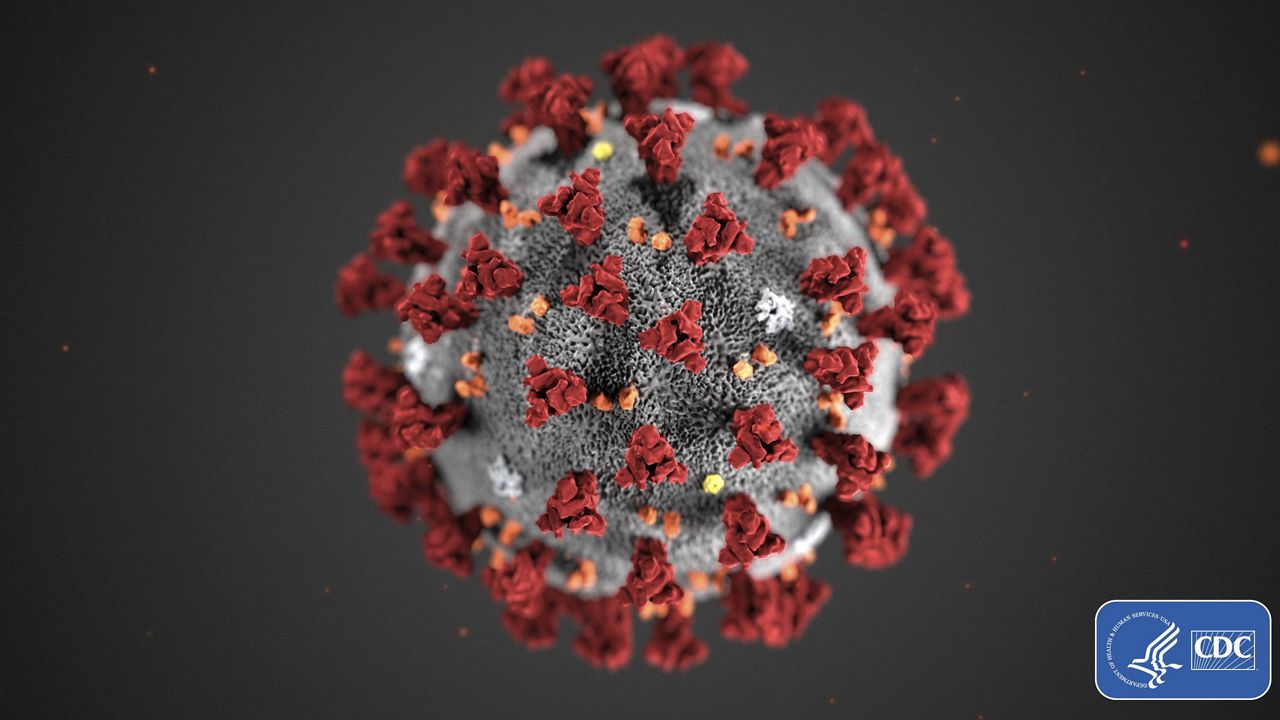CANBERRA, Australia — The coronavirus that causes COVID-19 can live on some surfaces in cool, dark locations for nearly a month, according to new research out of Australia.
Researchers at Australia's national science agency, the Commonwealth Scientific and Industrial Research Organization, found that SARS-CoV-2 was still "extremely robust" on banknotes, glass, cellphone screens and stainless steel for up to 28 days in environments of 68 degrees Fahrenheit and without ultraviolet light.
The research confirmed that the virus dies quicker in warmer temperatures — it lasted seven days at 86 degrees and just 24 hours at 104 degrees. UV light is also known to rapidly degrade the coronavirus, meaning in reality it’s not likely to survive 28 days in most situations.
The work was published in the peer-reviewed Virology Journal.
“Establishing how long the virus really remains viable on surfaces enables us to more accurately predict and mitigate its spread, and do a better job of protecting our people,” said CSIRO Chief Executive Dr. Larry Marshall.
Its length of survival is longer than that of Influenza A, which can survive up to 17 days on surfaces. And previous studies said the coronavirus could only last up to four days on nonpourous surfaces.
Health experts say the coronavirus is primarily spread through the air, but people can potentially become infected if they touch a surface containing the virus and then touch their own mouth, nose or eyes.
"It really reinforces the importance of washing hands and sanitizing where possible and certainly wiping down surfaces that may be in contact with the virus," said the study's lead researcher, Shane Riddell, according to Reuters.
As winter approaches in the United States, the study suggests the virus could be more prevalent on surfaces in the coming months. The researchers also said their findings might explain why cool environments such as meat-processing facilities have been prone to outbreaks.
The coronavirus survives for shorter periods on porous surfaces such as cotton, the study noted.
Trevor Drew, director of the Australian Centre for Disease Preparedness, told the Australian TV network ABC, "This doesn't mean to say that that amount of virus would be capable of infecting someone,” but he added that people should be careful about touching their faces after coming into contact with potentially contaminated surfaces.



